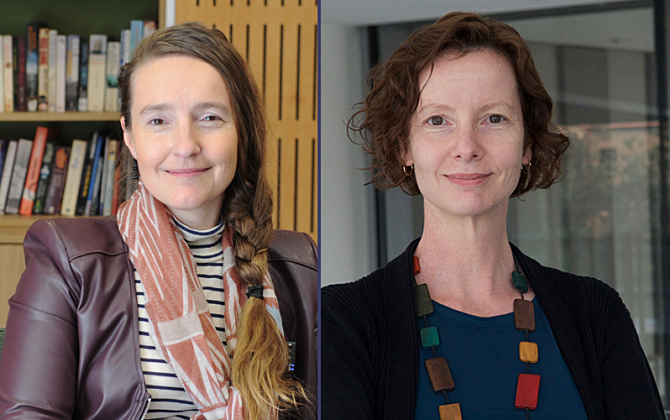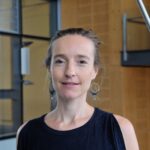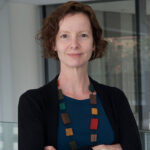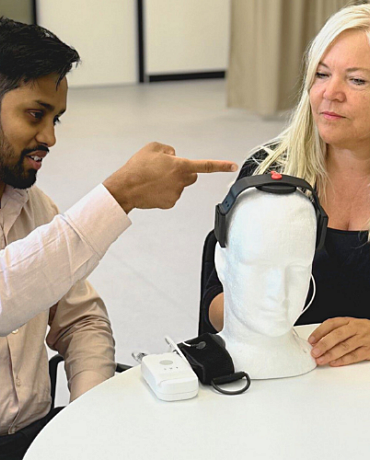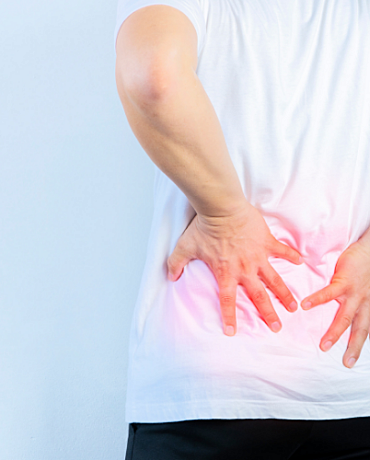Researchers from Neuroscience Research Australia (NeuRA) and UNSW Sydney have been awarded $2.4 million in Development Grants from the National Health and Medical Research Council (NHMRC) to improve treatment for people with obstructive sleep apnoea, and prevent falls in older people.
The NHMRC’s Development Grant Scheme is designed to support the translation of proof-of-concept research into commercial outcomes. Professor Lynne Bilston, Senior Principal Research Scientist at NeuRA and Senior Research Fellow at UNSW Medicine and Health, and Professor Kim Delbaere, Senior Principal Research Scientist at NeuRA and UNSW Medicine and Health, School of Population Health, were two of 16 successful recipients this funding round.
Carole Renouf, Interim CEO at NeuRA, said these grants provide an exciting opportunity for the institute to take its research from the lab into the community, where it is needed most.
“Our vision is to improve the health and lives of those living with brain and nervous system disorders, and these development grants will enable us to do just that,” said Ms Renouf.
“This critical funding will enable our scientists and engineers to turn their collaborative research into solutions that have the potential to transform the health and wellbeing of individuals, both in Australia and around the world.”
Lighting the way for a new, minimally-invasive treatment for obstructive sleep apnoea
Obstructive sleep apnoea is a common sleep disorder where the upper airway collapses repeatedly during sleep, interrupting breathing. More than 25% of Australians over 40 have the condition, which is associated with increased accidents and an elevated risk of cardiovascular disease.
Current treatments, such as continuous positive airway pressure (CPAP), are effective but poorly utilised by patients, meaning there is a substantial demand for new therapies that are more user-friendly. To address this need, Professor Bilston has been awarded a $1.1m Development Grant to progress a new, minimally invasive light-stimulation therapy, Optosleep, to the stage where it can be tested in human patients.
“Optosleep is a completely new concept for obstructive sleep apnoea therapy,” said Professor Bilston. “It consists of two components – an optogenetic component that makes the upper airway muscles sensitive to light, and a smart oral appliance that senses respiration and delivers light stimuli to activate the upper airway dilator muscles and maintain upper airway patency during sleep.”
“While we have a working prototype of the oral appliance currently in pilot testing with human volunteers, this funding will enable us to progress both components of Optosleep to the point where they’re ready for Phase 1 human trials, a critical step for commercial investment to bring it to patients.”
Driving digital transformation in health and aged care
Falls are a large and growing problem for older people worldwide. In Australia, falls are the leading cause of death amongst people aged over 65, with an average of 14 people dying every day. In 2020 alone, more than 128,000 older people were hospitalised after a fall, costing our health system more than $2.3 billion – with multiple flow-on effects for ambulance services, loss of independence, and family impact.
Through a $1.3 million Development Grant, Professor Delbaere, will transition a home-based digital exercise program, StandingTall, from a research-only app to a commercial offering that provides a cost-effective fall prevention solution for all older Australians.
“StandingTall is the first digital exercise program with proven clinical effectiveness to prevent falls in older people,” said Professor Delbaere.
“The program identifies the optimal set of exercises from a library of over 6000 exercises, based on an inbuilt balance assessment. Our clinical trial published in BMJ in 2021 showed that exercising with StandingTall for two hours per week reduced falls and injuries from falls by 20% at two years follow up.”
“StandingTall has strong potential to drive digital transformation in healthcare as recommended in the recent Royal Commission into Aged Care Report,” said Professor Delbaere. “This vital funding will enable us to develop a scalable, commercial-ready program, co-designed with consumers and leading home care providers.”
